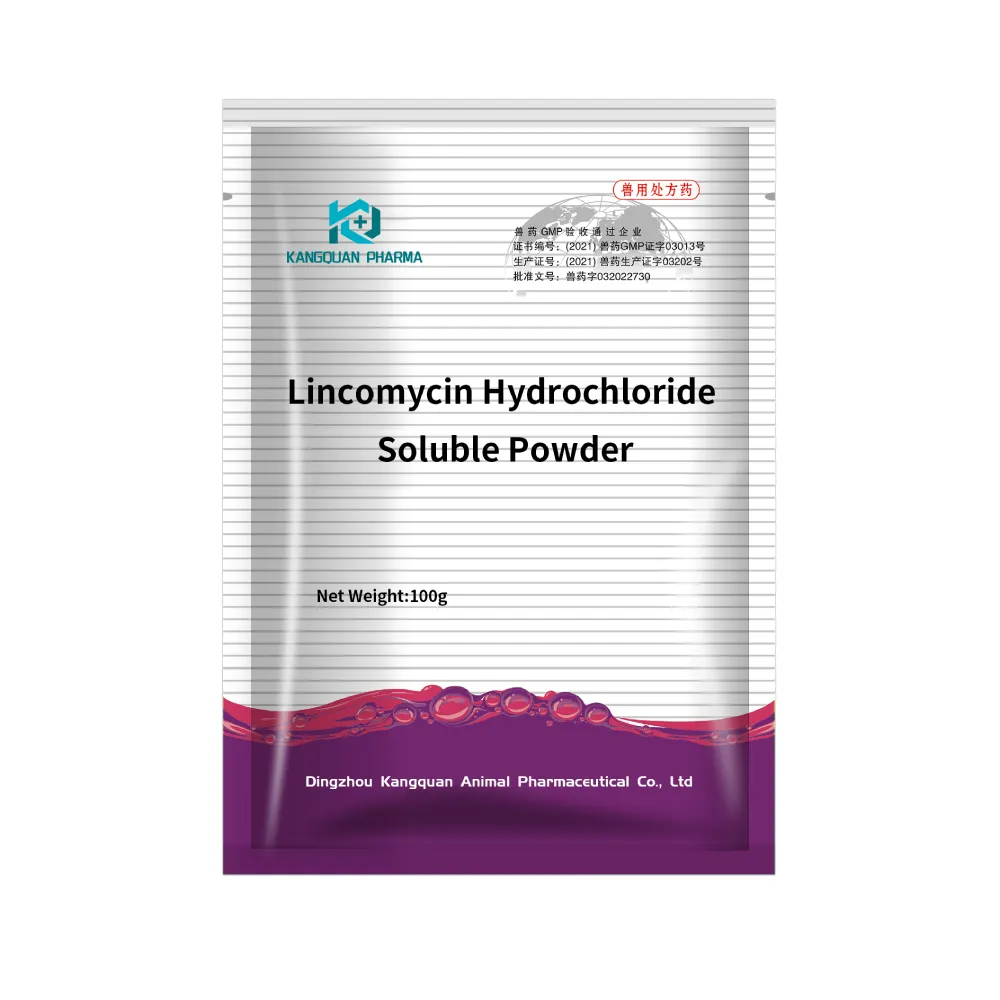- Afrikaans
- Albanian
- Amharic
- Arabic
- Armenian
- Azerbaijani
- Basque
- Belarusian
- Bengali
- Bosnian
- Bulgarian
- Catalan
- Cebuano
- Corsican
- Croatian
- Czech
- Danish
- Dutch
- English
- Esperanto
- Estonian
- Finnish
- French
- Frisian
- Galician
- Georgian
- German
- Greek
- Gujarati
- Haitian Creole
- hausa
- hawaiian
- Hebrew
- Hindi
- Miao
- Hungarian
- Icelandic
- igbo
- Indonesian
- irish
- Italian
- Japanese
- Javanese
- Kannada
- kazakh
- Khmer
- Rwandese
- Korean
- Kurdish
- Kyrgyz
- Lao
- Latin
- Latvian
- Lithuanian
- Luxembourgish
- Macedonian
- Malgashi
- Malay
- Malayalam
- Maltese
- Maori
- Marathi
- Mongolian
- Myanmar
- Nepali
- Norwegian
- Norwegian
- Occitan
- Pashto
- Persian
- Polish
- Portuguese
- Punjabi
- Romanian
- Russian
- Samoan
- Scottish Gaelic
- Serbian
- Sesotho
- Shona
- Sindhi
- Sinhala
- Slovak
- Slovenian
- Somali
- Spanish
- Sundanese
- Swahili
- Swedish
- Tagalog
- Tajik
- Tamil
- Tatar
- Telugu
- Thai
- Turkish
- Turkmen
- Ukrainian
- Urdu
- Uighur
- Uzbek
- Vietnamese
- Welsh
- Bantu
- Yiddish
- Yoruba
- Zulu
Ліст . 20, 2024 18:32 Back to list
ivermectin injection alpacas
The Use of Ivermectin Injection in Alpacas A Comprehensive Overview
Ivermectin has become a staple in veterinary medicine, particularly for its efficacy in treating various parasitic infections. Among livestock, alpacas, with their unique physiology and behavior, also benefit significantly from Ivermectin's protective qualities. This article explores the use of Ivermectin injection in alpacas, including its benefits, administration, and considerations for responsible use.
Understanding Ivermectin
Ivermectin is a broad-spectrum antiparasitic agent that belongs to the avermectin group of compounds. It is primarily used to combat a variety of internal and external parasites, including nematodes (roundworms), arthropods (mites and ticks), and some species of lice. For alpacas, these parasites can complicate health and productivity, making effective prevention and treatment essential.
Benefits of Ivermectin for Alpacas
Alpacas are susceptible to a range of parasites that can lead to economic losses due to decreased growth rates, poor wool quality, and compromised overall health. Some common parasites affecting alpacas include
1. Gastrointestinal Nematodes These worms can cause severe anemia, weight loss, and, in extreme cases, death. 2. Ectoparasites Mites and ticks not only irritate the skin but can also carry diseases that affect an alpaca’s health. 3. Lice While often considered a minor nuisance, lice infestations can lead to significant discomfort and secondary infections.
The use of Ivermectin injection in alpacas allows for targeted treatment that can quickly eliminate these parasites, promoting better health outcomes and improving wool quality. The drug's efficacy is often seen as a critical component of a comprehensive parasite management program in alpacas.
Administration of Ivermectin
ivermectin injection alpacas

Ivermectin can be administered in several forms, including oral paste, pour-on solutions, and injectable formulations. Injectable Ivermectin is preferred in many veterinary practices due to its rapid absorption and easier dosage management, particularly in larger herds.
Dosage and Method The appropriate dosage of Ivermectin for alpacas typically ranges around 200 micrograms per kilogram of body weight. It is crucial to administer the drug correctly to ensure effectiveness and prevent resistance development. The injection can typically be given subcutaneously (under the skin), and care should be taken to avoid injecting into areas with active infections.
Handling Precautions When handling Ivermectin, it is essential for caretakers to wear gloves to prevent dermal exposure. Furthermore, care should be given to avoid overdosing, which can lead to toxicity. Always consult a veterinarian for precise dosing and administration instructions.
Considerations for Responsible Use
While Ivermectin is a powerful tool in managing parasitic infections in alpacas, producers should approach its use responsibly. Here are essential considerations
1. Resistance Management Over-reliance on Ivermectin can lead to resistance in parasite populations. It is advisable to rotate dewormers and implement rotational grazing to reduce exposure to parasites. 2. Regular Monitoring Regular fecal examinations can help monitor parasite loads in the herd, informing decisions on treatment and ensuring that deworming is conducted only when necessary. 3. Consultation with Veterinarians Always work with a veterinarian who can provide guidance on proper parasite management strategies tailored specifically for your herd's health and productivity needs.
4. Awareness of Withdrawal Times For alpacas used for fiber production or breeding, it's crucial to adhere to withdrawal times to ensure that any potential residues do not affect the animal's products.
Conclusion
Ivermectin injection plays a vital role in managing parasitic infections in alpacas, promoting their health and productivity. However, its use must be balanced with careful management practices and regular veterinary care. By understanding the mechanisms, benefits, and responsible application of Ivermectin, alpaca farmers can enhance the wellbeing of their herds, ensuring a flourishing and economically viable operation. As with any veterinary medication, informed use and professional guidance are paramount to achieving optimal outcomes.
-
Guide to Oxytetracycline Injection
NewsMar.27,2025
-
Guide to Colistin Sulphate
NewsMar.27,2025
-
Gentamicin Sulfate: Uses, Price, And Key Information
NewsMar.27,2025
-
Enrofloxacin Injection: Uses, Price, And Supplier Information
NewsMar.27,2025
-
Dexamethasone Sodium Phosphate Injection: Uses, Price, And Key Information
NewsMar.27,2025
-
Albendazole Tablet: Uses, Dosage, Cost, And Key Information
NewsMar.27,2025













